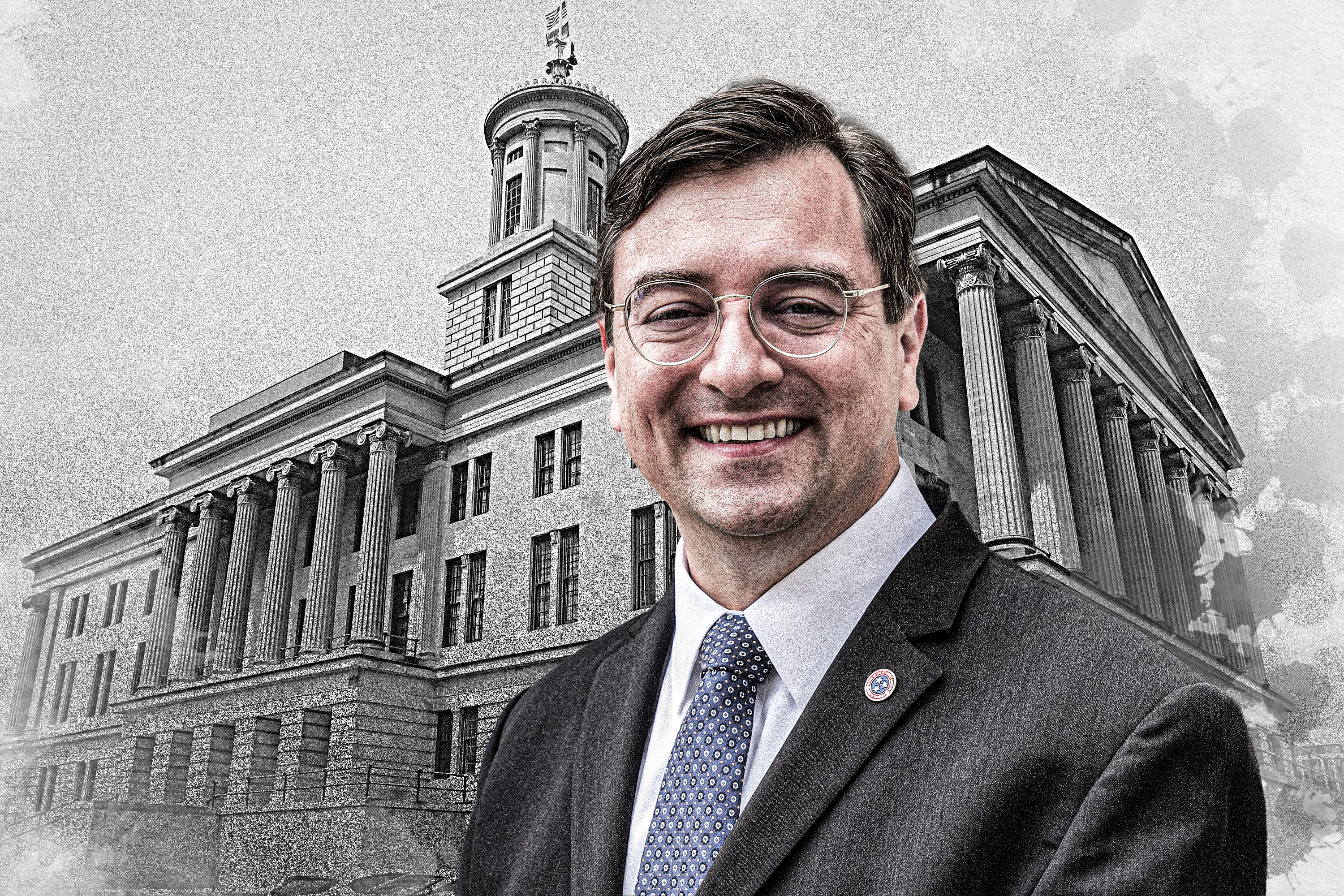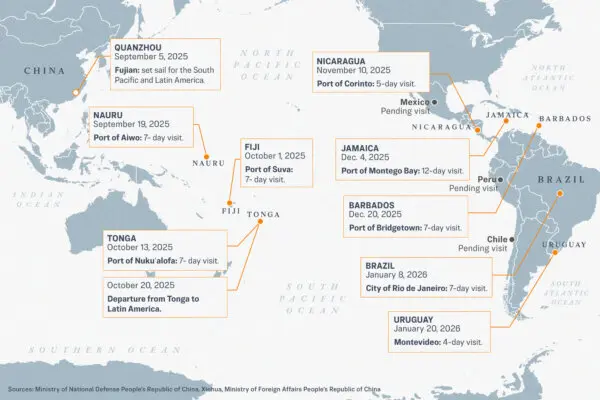Tennessee Attorney General Jonathan Skrmetti predicts that 2024 will be “a year of clarity,” in which the progressive agenda, which had previously advanced behind the scenes, in government agencies and corporate boardrooms, will come to light.
In his first year as state attorney general, Mr. Skrmetti elevated Tennessee to a state that’s taking the lead in pushing back against the expanding powers of the federal government, racial discrimination, and antitrust violations from the environmental, social, and governance (ESG) movement; addressing social media health threats to children; and stopping transgender medical procedures on minors.










